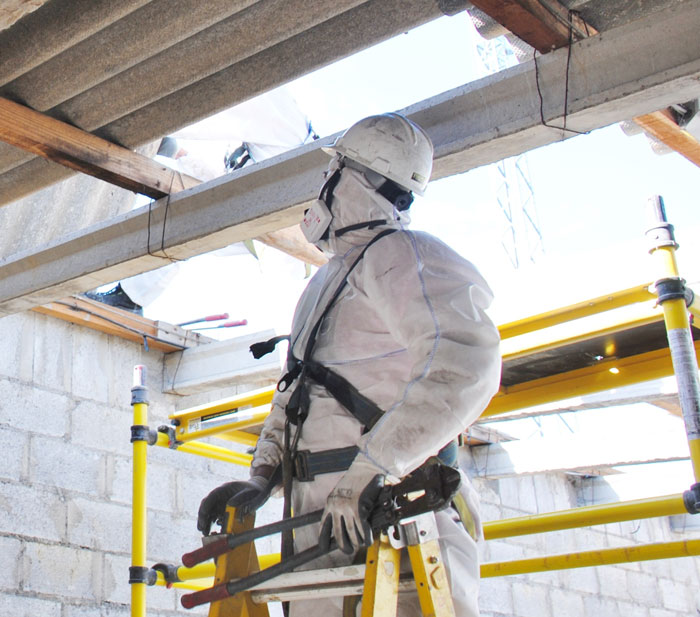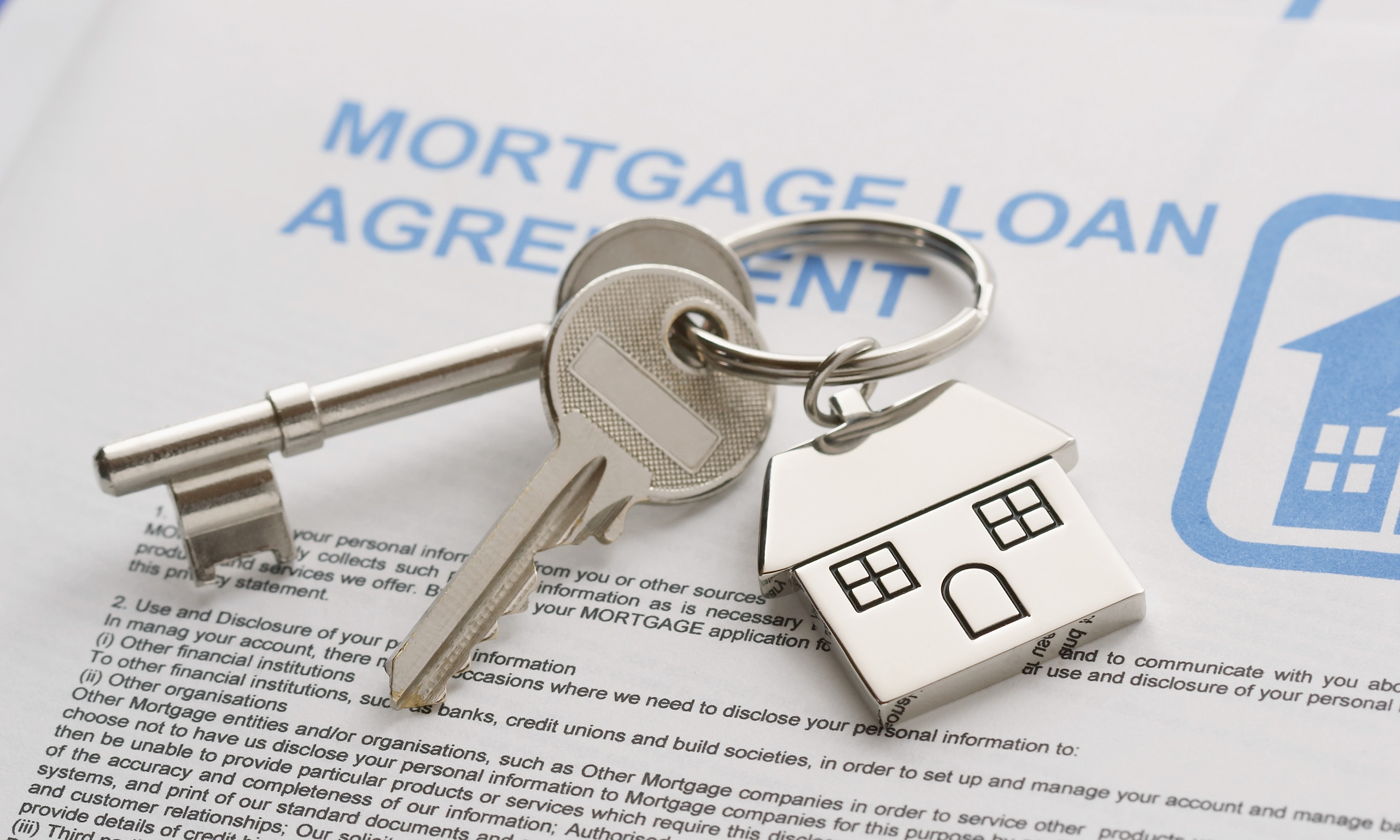Things You Shouldn’t Do During the Home Mortgage Process

If you’ve been approved for a home loan, you should be aware that there are a few things you shouldn’t do that may cause the lenders to change their minds.
Buying a new home is difficult enough in the tight credit market that exists these days. Even if you have a good credit score and have already been approved for the loan amount, there are actions by you that can potentially cause the loan to be denied.
The Time Between Approval and Closing is Critical
Just because you’ve been approved for a home mortgage loan, it doesn’t mean that you’ve actually gotten the loan. This is especially true if you’ve gotten approved before you’ve even found the house you want to purchase. The time between this pre-approval and the actual closing is critical, as anything you do that affects your credit score during this period can potentially cause your loan to be denied.
Contrary to popular belief, just because you’ve been approved for a loan, it doesn’t mean that you will actually get the loan when it comes time to purchase. Everything that you do that affects your credit rating can potentially cause the loan offer to be withdrawn, up to and until the ink is dry on the final documents. And you might be surprised at some of the things that affect your credit these days.
Changing Jobs
Creditors look for stability when approving a loan. When it comes to job history, the longer you’ve been in your current job, the better. If you plan on changing jobs or careers, it would be best to wait until after you’ve closed on your home mortgage loan.
Buying a Vehicle
Shopping for a new car while going through the home mortgage process is a big no-no when it comes to lenders. They see the new payment as a potential threat to their investment. You don’t even have to buy the vehicle to mess up your credit score. Just having a car dealer run your credit to see if you qualify can be enough to scare off a home mortgage loan.
Opening or Closing Bank or Credit Card Accounts
Every time you open or close an account with a bank or credit company, it’s reported to FICO. One of the many ways they figure your credit score is by grouping people with similar histories together, and every time you open or close an account, you are potentially changing groups. What may have been an outstanding credit rating when compared to others in a group with established accounts may not be so outstanding in a group with new accounts, or vice versa.
Also, opening a new low-interest credit card account and transferring high-interest balances to them may look good on paper, but it can potentially damage your credit rating. This happens because the new card with the consolidated amounts may be closer to maxing out than the multiple high-interest cards were with the same amount spread out among them. Just the appearance of being close to your credit limit can negatively affect the home mortgage process.
Unpaid Fines or Traffic Tickets
You wouldn’t think that money owed to the government would affect your credit rating, but more and more these days it does. This is because many government agencies are turning over unpaid debts to private collection agencies. These private collection agencies often report the debt to the credit bureaus as a way to apply pressure to you in order to collect the debt.
It may be hard to believe, but something as simple as an unpaid public library fine can potentially cause you to lose your approval for a home mortgage loan.
Tread Carefully when it Comes to Your Credit
Ultimately it’s up to you to protect your credit score when buying a home. If you are thinking about doing something that could potentially affect your score, the best advice would be to hold off for now, at least until after the ink is dry on the final mortgage documents, anyway.







